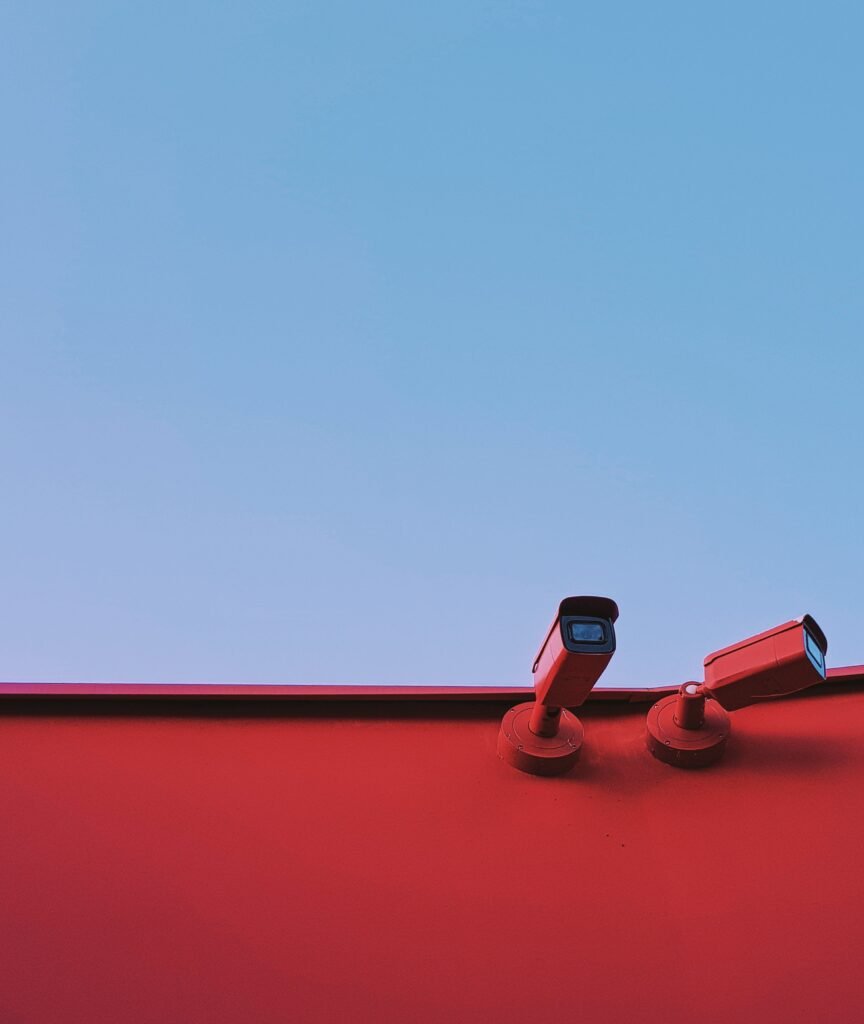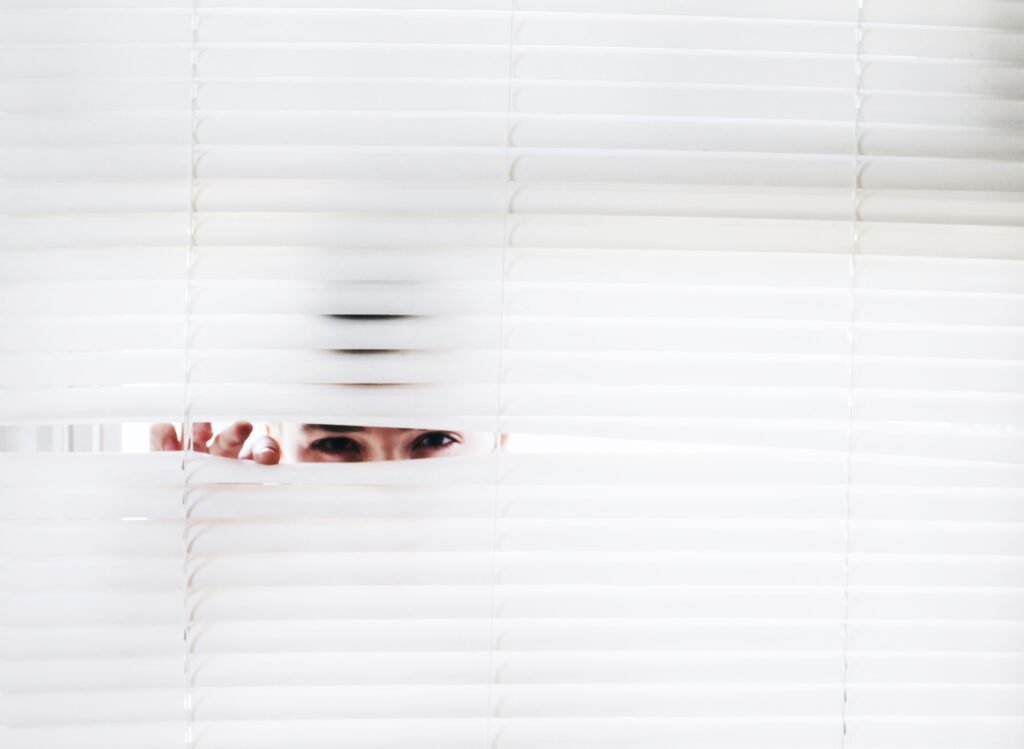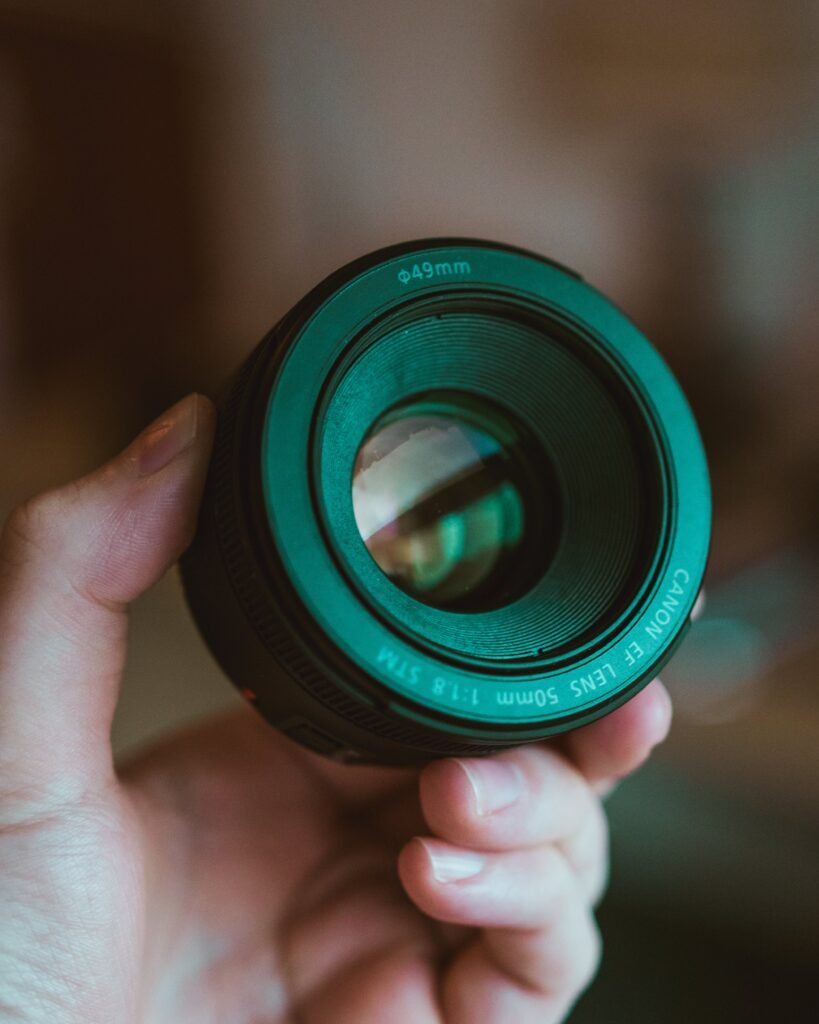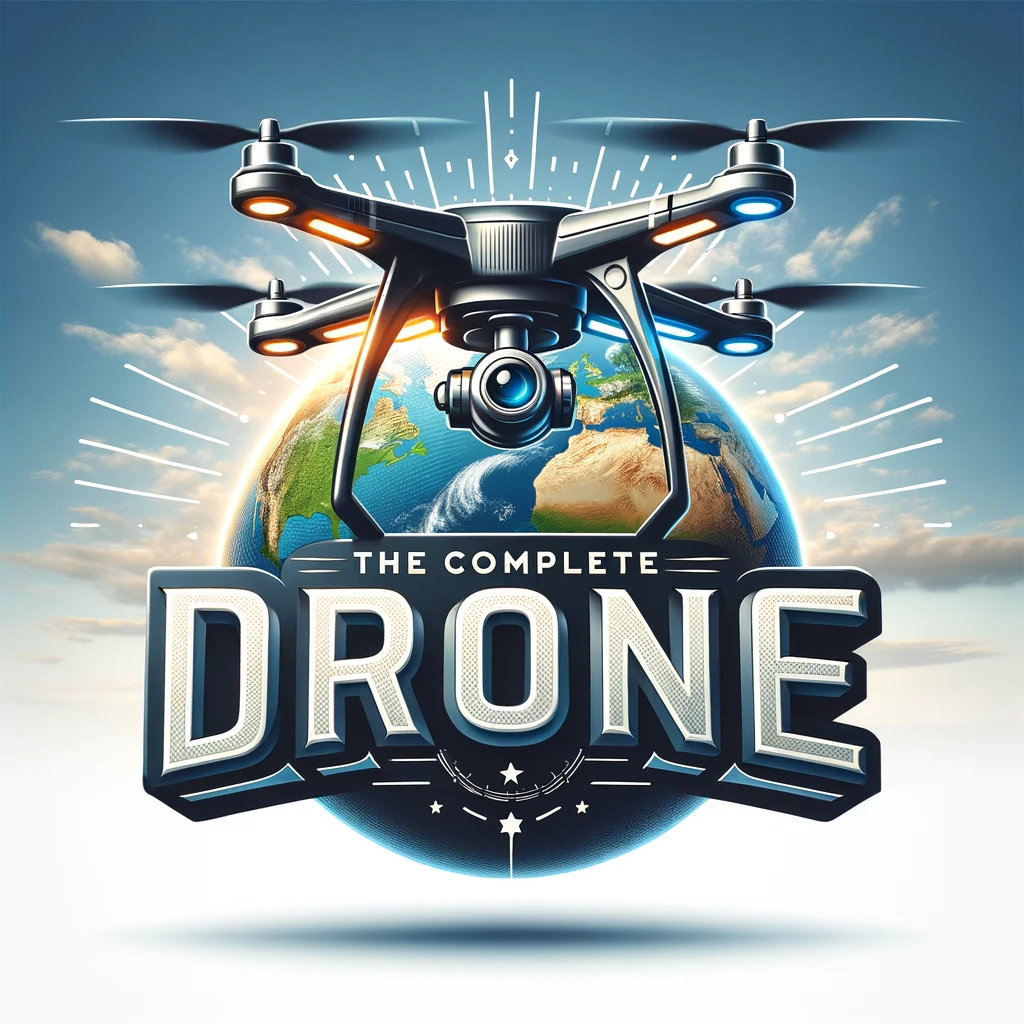Imagine a world where unmanned flying machines effortlessly hover above our heads, capturing every move we make. While it may sound like something out of a science fiction movie, the question of whether or not drones can spy on people is a topic that has been debated extensively. With their ability to quietly navigate the skies and capture high-resolution imagery, it’s natural to wonder if these modern marvels pose a threat to our privacy. However, before jumping to conclusions, it’s important to explore the facts and separate reality from sensationalism.

This image is property of images.pexels.com.
Privacy Concerns with Drones
Drones have become increasingly popular in recent years, with their use spanning a wide range of industries and applications. However, the rise of drones has also brought about concerns regarding invasion of privacy. In this article, we will explore the various privacy concerns associated with drones, their technical capabilities, the limitations of drones for spying, their applications in law enforcement and surveillance, countermeasures for drone spying, case studies on unauthorized surveillance, and provide tips on how to protect your privacy from drones.
The Rise of Drones
Drones have witnessed a significant rise in popularity due to their versatility and affordability. These unmanned aerial vehicles (UAVs) come in various sizes, from small toy drones to large commercial ones, and are equipped with advanced technologies that offer a wide range of applications. While the majority of drone operators use them responsibly for photography, cinematography, and recreational purposes, there are still concerns regarding the potential invasion of privacy.
Potential Invasion of Privacy
One of the main concerns with drones is their potential to invade people’s privacy. With the ability to fly at high altitudes and capture high-resolution images or videos, there is a fear that drones could be used to spy on individuals without their consent. Drones equipped with advanced camera technology can easily capture detailed footage of private property, outdoor activities, and even people’s daily lives. This raises questions about the right to privacy and the ethical implications of drone usage.
Legal and Ethical Implications
The invasion of privacy through drone usage raises legal and ethical questions. While drone regulations have been put in place in many countries, they may not always address all the privacy concerns associated with drones. The laws surrounding drone usage often focus on safety and airspace regulations, rather than specifically addressing privacy concerns. This leaves a grey area when it comes to drones and privacy, requiring a balance between technological advancements and protecting individual’s rights.
Technical Capabilities of Drones
To understand the potential privacy concerns with drones, it is essential to delve into their technical capabilities. Drones come in various types, equipped with different camera technologies and advanced features that enable them to perform a multitude of tasks.
Types of Drones
There are several types of drones available in the market today. Consumer drones are the most common and are typically used for recreational purposes, aerial photography, or videography. Professional drones offer more advanced features and are used by filmmakers, photographers, and even industries such as agriculture and construction. Military drones, on the other hand, are specifically designed for military purposes, including surveillance and warfare.
Camera Technology
The camera technology used in drones has evolved significantly, enabling them to capture high-quality images and videos. Many consumer and professional drones are equipped with built-in cameras capable of recording in high resolution. Additionally, some drones allow for the attachment of external cameras, further increasing their potential for capturing detailed imagery. This sophisticated camera technology raises concerns about privacy invasion, as it enables drones to capture personal moments and intimate details of individuals’ lives.
Advanced Features
Advanced features further enhance the capabilities of drones and increase the potential for privacy invasion. Features such as GPS tracking, intelligent flight modes, and autonomous operation allow drones to navigate and carry out tasks with minimal human intervention. These features enable drones to fly farther, for longer durations, and can potentially intrude into private spaces without the operator’s direct control. Furthermore, advancements in facial recognition and object detection algorithms have the potential to further infringe upon individuals’ privacy.
Limitations of Drones for Spying
While drones may have the potential to invade privacy, there are certain limitations that restrict their effectiveness for spying purposes.
Limited Battery Life
One of the significant limitations of drones is their limited battery life. Most consumer drones can only fly for around 20-25 minutes before needing to land and recharge. This limited flight time restricts their ability to conduct long-term surveillance operations without some form of intervention. Additionally, drones require a clear line of sight to their operator, making it challenging to maintain continuous surveillance without manual intervention.
Noise and Visibility
Drones are also limited by their noise and visibility. Most consumer drones produce a noticeable buzzing sound, making their presence known to those in the vicinity. While this may not be a concern in open areas, it can alert individuals to the presence of a drone in a residential area or private property. Drones are also easily visible, allowing people to spot them in the sky and potentially take precautionary measures to protect their privacy.
Regulations and Flight Restrictions
Drone usage is regulated by various aviation authorities worldwide, and flight restrictions are often imposed in certain areas, such as airports or government facilities. These regulations help mitigate privacy concerns by ensuring that drones are not used to spy on restricted areas or violate prohibited airspace. Additionally, responsible drone operators adhere to these regulations and exercise caution when operating their drones to avoid infringing upon others’ privacy.
Drones in Law Enforcement and Surveillance
While the potential privacy concerns associated with drones are legitimate, it is essential to acknowledge their positive applications in law enforcement and surveillance.
Surveillance Applications
Drones have proven to be valuable tools for surveillance purposes. Law enforcement agencies can use drones to gather aerial footage in situations that might otherwise be difficult or dangerous for officers to access. Drones equipped with thermal imaging cameras can aid in locating missing persons or suspects, while aerial surveillance can enhance situational awareness during emergency response operations. These applications demonstrate how drones can play a crucial role in saving lives and protecting communities.
Law Enforcement Use Cases
Law enforcement agencies have also used drones in various scenarios, including traffic monitoring, crowd control, and search and rescue operations. Drones provide law enforcement officers with a unique perspective and real-time aerial footage that can inform decision-making and enhance public safety. Proper implementation and responsible usage of drones in law enforcement can mitigate privacy concerns by focusing on legitimate and lawful operations.
Civilian and Government Concerns
Despite the potential benefits of drones in law enforcement and surveillance, concerns remain regarding the balance between security and privacy. Civilian and government entities must carefully consider and address these concerns to ensure that the use of drones for surveillance purposes does not infringe upon individuals’ rights. Striking a balance between security and privacy is vital to maintain public trust and respect individuals’ privacy in an ever-increasing technological landscape.

This image is property of images.pexels.com.
Countermeasures for Drone Spying
To address the privacy concerns associated with drones, several countermeasures have been developed to detect and prevent unauthorized drone spying.
Jamming and Intercepting Signals
One countermeasure against drone spying is the use of jamming and intercepting signals. These techniques aim to disrupt the communication between the drone and its operator, causing the drone to lose control or return to its point of origin. While effective, the use of jamming or intercepting signals raises legal and ethical questions and may conflict with existing regulations surrounding radio frequency interference.
Anti-drone Technology
The development of anti-drone technology has provided another set of countermeasures to deter unauthorized drone spying. Anti-drone systems can detect, track, and neutralize drones by using radar, radio frequency scanners, or laser-based systems. These technologies aim to mitigate the potential risks associated with drone privacy invasion by providing an active defense mechanism against unauthorized drone activity.
Privacy Laws and Regulations
Privacy laws and regulations play a crucial role in addressing the privacy concerns related to drone usage. Legislation must adapt to new technological advancements to guarantee the protection of individuals’ privacy rights. Stricter regulations regarding drone usage and the collection of personal data can help prevent unauthorized surveillance and ensure accountability for those who violate privacy laws. Additionally, transparency and education play a vital role in raising awareness about privacy concerns and promoting responsible drone usage.
Case Studies on Drone Spying
Several case studies highlight the potential privacy concerns and risks associated with unauthorized drone spying.
Cases of Unauthorized Surveillance
There have been numerous instances of unauthorized surveillance using drones. In some cases, individuals have reported drones hovering outside their windows or capturing footage of their private property without permission. Such incidents raise significant concerns about the use of drones for voyeuristic purposes and highlight the need for effective privacy safeguards.
Drone Use in Warfare
Drone usage in warfare brings its own set of privacy concerns. Drones equipped with surveillance technology can be used to gather intelligence, monitor enemy forces, or carry out targeted strikes. However, the use of drones in warfare raises ethical questions, as innocent civilians may inadvertently be caught in the crossfire or have their privacy violated by invasive surveillance techniques.
Drone Peeping Incidents
Drone peeping incidents have become a growing concern worldwide. Some individuals have used drones to invade people’s privacy by flying them over private properties or public spaces to capture voyeuristic footage. Such incidents highlight the need for stricter regulations, responsible drone operation, and public education to address the misuse of drones for intrusive purposes.

This image is property of images.pexels.com.
Protecting Your Privacy from Drones
Individuals can take proactive steps to protect their privacy from potential drone spying.
Privacy Best Practices
Adopting privacy best practices can go a long way in protecting your privacy from drones. Ensuring your property is well-secured, such as keeping windows and curtains closed, can prevent unauthorized drone footage. Additionally, familiarizing yourself with local drone regulations can help you understand your rights and report any privacy violations to the appropriate authorities.
Anti-Drone Solutions for Individuals
An increasing number of anti-drone solutions are becoming available for individuals concerned about privacy invasion. These solutions include drone detection systems, signal disruptors, and even physical netting or jammers. While these solutions can provide some protection against unauthorized drone activity, it is crucial to prioritize legal and ethical usage and respect the rights of responsible drone operators.
The Future of Drone Privacy
As drone technology continues to advance, it is important to consider the future implications for privacy.
Advancements in Drone Technology
Advancements in drone technology are likely to improve their capabilities and introduce new features. Smaller and quieter drones, enhanced camera technology, and more intelligent flight modes are continuously being developed. These advancements raise concerns about the potential for more intrusive surveillance and privacy invasion, highlighting the need for ongoing discussions and regulations regarding drone usage.
Balancing Security and Privacy
The future of drone privacy lies in striking a balance between security and privacy. It is crucial to find solutions that allow for the responsible and lawful use of drones while respecting individuals’ privacy rights. Collaboration between industry stakeholders, policymakers, and advocacy groups is necessary to develop comprehensive regulations, ethical guidelines, and technological advancements that prioritize privacy and maintain public trust.

Conclusion
The rise of drones has brought about new concerns regarding privacy invasion. While the technical capabilities of drones enable them to capture detailed imagery and conduct surveillance, there are limitations and countermeasures that restrict their effectiveness for spying purposes. Balancing the benefits of drone usage in law enforcement and surveillance with privacy concerns is essential. Through responsible drone operation, stricter regulations, privacy laws, and the development of anti-drone technologies, we can work towards ensuring individual privacy is protected in this evolving technological landscape.

